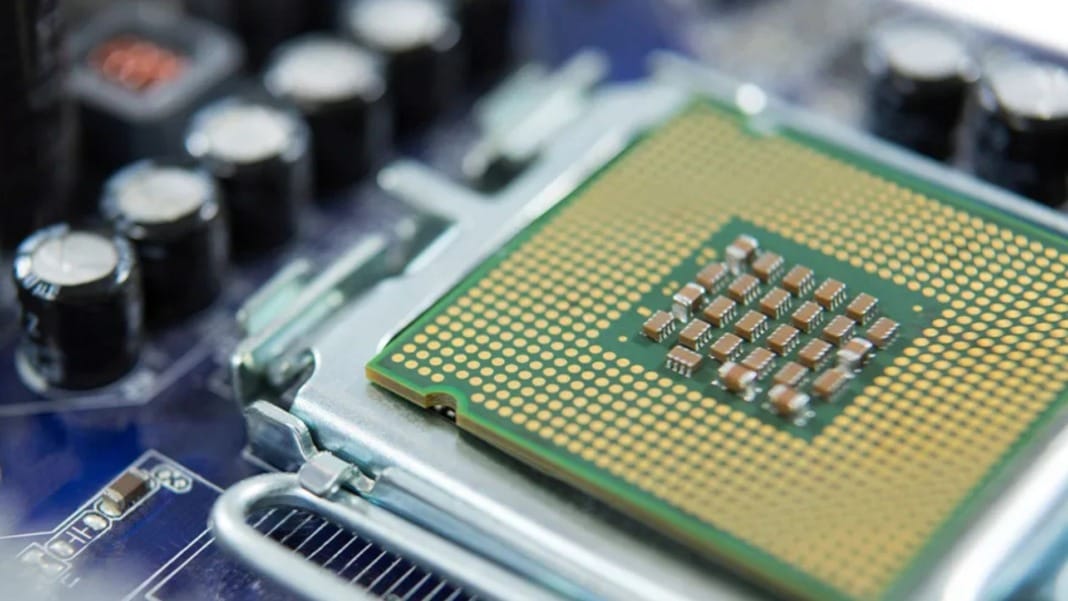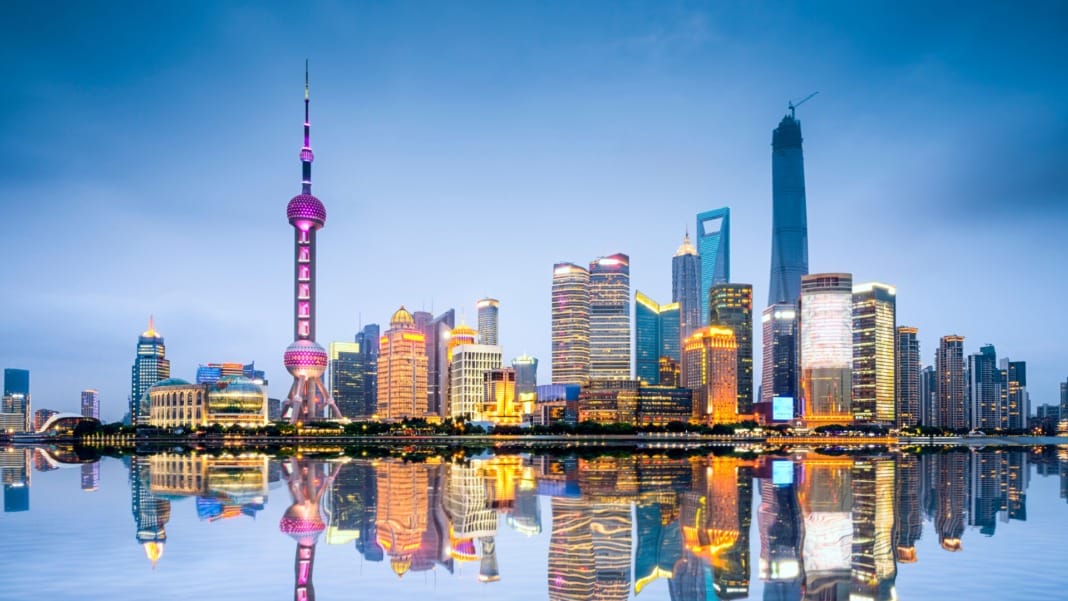NXP Semiconductors, a leading Dutch chipmaker, and Vanguard International Semiconductor Corp (VIS), a Taiwan Semiconductor Manufacturing Co (TSMC) affiliate, have plans to expand their US$7.8 billion joint chip venture in Singapore. This move comes as the industry braces for disruptions caused by intensifying US-China tensions over technology.
On July 3, the two companies held a groundbreaking ceremony for a new chip manufacturing plant in eastern Singapore. The facility, part of their joint venture, is expected to boost the region’s role in global chip production. During the event, NXP’s executive vice president Andy Micallef shared that discussions for a phase-two expansion are already underway, with plans to complete it by 2030. However, this next step is still awaiting formal approval.
“Singapore remains a critical site for NXP’s growth,” Micallef noted, emphasising the company’s commitment to long-term investment.
Expanding to meet growing global needs
This expansion reflects growing concerns among global manufacturers over the reliance on Taiwan for semiconductors. The Taiwan Strait’s ongoing tensions have highlighted the vulnerability of supply chains dependent on the region. Semiconductor components are essential for various industries, from smartphones to electric vehicles (EVs).
Although the NXP-VIS venture will focus on producing mature 130-nanometre to 40-nanometre chips—less advanced than the cutting-edge chips TSMC produces in Taiwan—they remain vital for automotive, consumer electronics, and industrial applications.
The new facility is expected to create 1,500 jobs and begin production in 2027, significantly boosting Singapore’s status as a hub for high-tech manufacturing.
Singapore’s rise in the semiconductor world
Southeast Asia, including Singapore, is becoming a key player in technology manufacturing thanks to competitive labour costs, skilled talent, and proximity to major Asian markets. Singapore has long been a strategic location for semiconductor manufacturing, offering stability and a business-friendly environment for global tech firms.
In addition to strengthening its position in Singapore, NXP is looking to diversify its global footprint further. The company focuses on addressing supply chain challenges in China, which remains the largest market for EVs and telecommunications equipment.
Micallef noted that NXP is working to establish a supply chain within China to meet customer demands. While the company operates a testing and packaging facility in Tianjin, it lacks manufacturing facilities.
“We are building partnerships to establish a China supply chain,” Micallef said, reaffirming the company’s commitment to serving its Chinese customers.
Technology tensions escalate
The expansion comes amid heightened US-China tensions over technology. The Biden administration recently imposed stricter restrictions on China’s access to foreign technologies, prompting Beijing to retaliate by restricting exports of critical materials to the US.
With semiconductor production becoming a focal point of geopolitical friction, NXP’s strategy to expand in Singapore and diversify its global operations underscores the industry’s need for resilience in the face of uncertainty.
The NXP-VIS partnership represents a calculated move to strengthen semiconductor production outside Taiwan while maintaining a foothold in key global markets.





